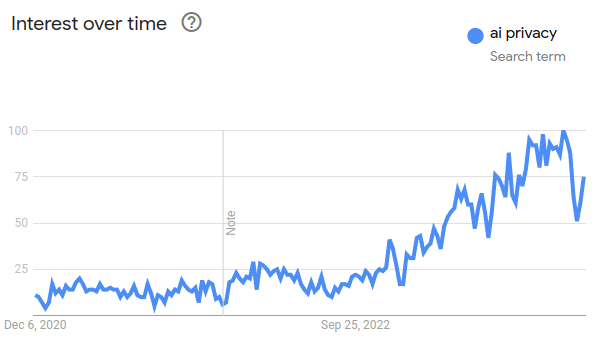The case for local AI inference
As voice technology continues to integrate deeper into our daily lives, from smart speakers to voice assistants and speech-to-text applications, the security and privacy of voice data have become increasingly critical issues. Consumers and enterprises alike share vast amounts of sensitive information with these devices, raising significant concerns about how this data is collected, stored, and used. This article delves into these privacy concerns and explores the potential of local AI inference as a solution to keeping voice data private and secure.
Voice data privacy concerns
The collection and storage of voice data by tech companies have raised alarms among users of voice technology. Research indicates that 45% of smart speaker users worldwide are worried about voice data privacy, and 42% are concerned about the hacking of their voice data. Another survey revealed that 59% of respondents consider privacy a crucial factor when using voice control devices. The European Union's General Data Protection Regulation (GDPR) classifies voice recordings as personal data, necessitating stringent protections. Additionally, the European Digital Radio Alliance (EDRA) and the Association of European Radios (AER) have urged policymakers to apply the Digital Markets Act (DMA) regulations to voice assistants. In a letter, EDRA and AER highlighted how a few platform gatekeepers possess significant market power, enabling them to engage in anti-competitive practices, such as self-preferencing, restricting access to data, and using data from third-party services to enhance their own services without permission.

As the use of voice technology continues to grow, addressing privacy and security concerns is paramount. The reliance on cloud-based systems for voice recognition poses significant risks, including hacking, data misuse, and increased costs and latency. Local AI inference presents a compelling solution, offering enhanced security, improved privacy, and reduced costs. By processing voice data directly on the device, users can enjoy the benefits of voice technology without compromising their personal and sensitive information. As we move forward, embracing local AI inference could be the key to building a more secure and private future for voice technology.